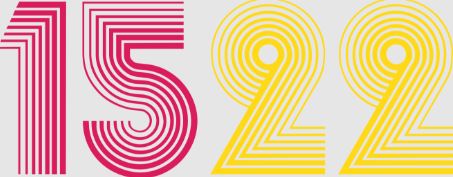[ad_1]
A total of 28 rare blood clotting events have been reported following administration of the Johnson & Johnson single-dose coronavirus vaccine, CDC officials announced in an update on Wednesday.
Administration of the J&J vaccine had been paused on April 13 after reports of a possible link to the blood clotting events, and it was lifted ten days later, at which time Centers for Disease Control and Prevention officials had reported 15 total cases.
That number has now jumped to 28 cases, 22 of which happened in women and 6 in men. When the pause was lifted, all of the cases had been reported in women. Nearly 9 million doses of the vaccine have been administered in the U.S.
In a presentation during an Advisory Committee on Immunization Practices meeting Wednesday, Dr. Tom Shimabukuro of the CDC provided updates on cases of the rare blood clotting disorder, called thrombosis with thrombocytopenia.
Of the 28 cases, 3 people have died, 4 are still in the hospital, 2 are in post-acute care facilities and the rest have returned home, Shimabukuro said.
The median age of those with blood clotting cases is 40 and the onset is a median of 9 days after injection.
“Current evidence suggests a plausible causal association with the Janssen COVID-19 Vaccine,” Shimabukuro said of the blood clots.
He said the clots seem similar to those observed in the AstraZeneca vaccine in Europe, which has rattled many countries. The AstraZeneca vaccine has not yet been authorized for use in the United States.
Cases of rare blood clots have not been reported in any patients who were vaccinated with an mRNA vaccine, according to the CDC.
Thrombosis, which occurs when blood clots block blood vessels, coupled with thrombocytopenia, low platelet count, is extremely rare and can cause dangerous internal bleeding.
Risk factors for thrombosis include obesity, hypertension, diabetes and hypothyroidism among other conditions.
CDC officials will continue to monitor for blood clotting cases, according to Shimabukuro, and providers and patients have been advised to look out for symptoms, including severe headache, abdominal pain, shortness of breath and leg pain.
[ad_2]
Source link








